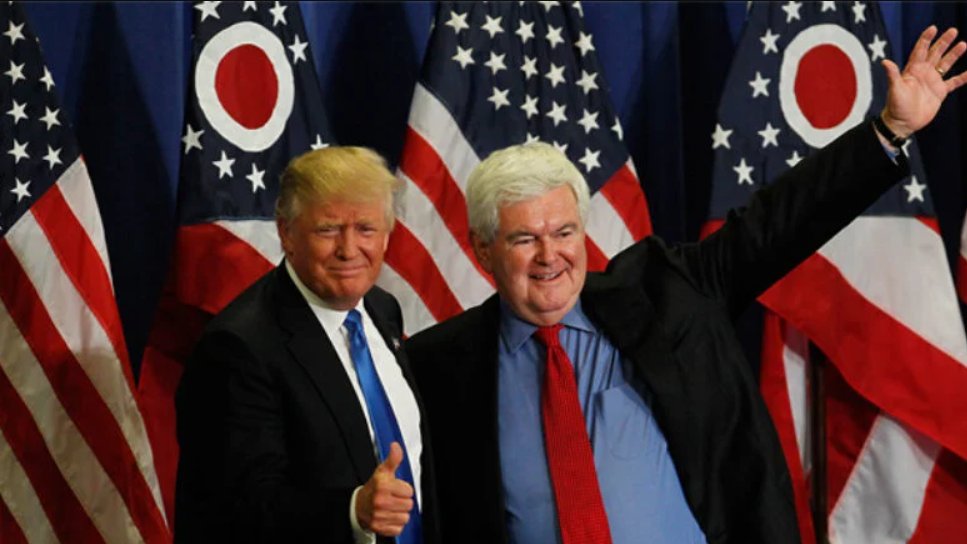
I’m seeing the #trumpisnotaconservative floating around. Is this true? I have some thoughts. 

It’s question begging, assuming that conservatism is easily definable and defined by ideas – usually something like limited government and cultural traditionalism. arcdigital.media/what-is-conser…
But this true Scotsman definition doesn’t account for all of conservative history. arcdigital.media/the-limits-of-…
For example, the defense of McCarthyism, of Jim Crow on “civilizational” grounds, decades of military Keynesianism, Pat Buchanan’s presidential runs, Gingrich-era demonizing liberals and so on. 

Conservatives justified these programs at the time, but this sampling shows American conservatism means more than high-minded ideals and policy prescriptions. At least equally as important is anti-liberal (and anti-leftist) sentiment.
Conservatives were stridently opposed to liberals during the Cold War. The justification is usually conservative anti-communism. But mainstream liberals were anti-communists, too, and often effectively so. Conservatives opposed them for their liberalism. 

You can argue they believed (and believe) that liberalism is the road to serfdom or tyranny, and they did, but this simplified thesis was just one part of their anti-liberal tendency.
Trump, then, is an instance of conservative anti-liberalism overwhelming its higher-minded guardrails. This component of the conservative movement has always been there, tolerated until it can’t be any longer.
https://twitter.com/Joshua_A_Tait/status/1166499553102594049?s=20
Trump isn’t a direct successor of Reagan and Bush – but Gingrich and Rush and Bill O’Reilly (and Bob Welch and Pat Buchanan and Peter Brimelow) and elements of Reagan and Bush? Sure. 

It’s no accident that Conservatism, Inc has lined up behind Trump – it’s mainly to do with the financial incentives of making money from the conservative base. But the conservative movement cultivated and shaped that base for 40 years, and Trump is who they got.
#trumpisnotaconservative ? Maybe, but he’s a monster of conservatives’ own making.
• • •
Missing some Tweet in this thread? You can try to
force a refresh


